How to attract pollinators to your garden
Pollinators rule when it comes to growing a garden. Here are tips on How to attract pollinators to your garden. Following these easy gardening tips and your garden will thrive when pollinators visit.
This post may contain affiliate links. We may receive a small commission if you click and purchase something. Please see our disclosure policy for more details.
Attracting pollinators to your garden is one of the best things you can do to help your garden produce more food. While you may know that pollinators are important, many people are surprised to discover just how much better their gardens do when they make an effort to make their gardens friendly for bees, butterflies, and hummingbirds.
Why pollinators are so important in your garden
Pollinators are vital for your plants to produce. Without pollinators, the flowers will die off without ever making any fruits and vegetables. If you are looking to save seeds your plants need pollinators to help make the seeds viable. While some plants will self pollinate in the wind even these plants can benefit and grow more prolifically when pollinators jump in to help with production.
How to attract pollinators to your garden
Each little thing you do to help make your garden more inviting to pollinators will help your garden thrive and you can keep making more steps every year until you have a wonderfully pollinator-friendly garden.
Plant more flowers
The more flowers in your garden the more pollinators will want to visit. This can be done by planting flowering herbs in your vegetable garden you can help encourage pollinators to visit. Another great option is to plant a wildflower bed near your garden to provide food for native pollinators. The more flowers the better.
To help keep pollinators coming to your garden and to help keep them fed so the population will go up you can plan your flower beds to have a continuous succession of blooms from early spring till the first hard frost. From daffodils to mums there are flowers that will bloom at each part of the season.
Leave the weeds in your yard
While you should keep your garden beds weeded to ensure that they have enough room for your plants to grow you should consider leaving the weeds in your lawn. Common yard weeds like dandelions and clover are amazing food sources for bees and butterflies. Having a yard full of blooms will help attract pollinators to your yard where they will happily spend time pollinating your beautiful garden as well.
Add a hummingbird feeder
Many people do not think about hummingbirds, they think about pollination but these small birds are great for pollinating your garden and even eating all unwanted insects like aphids and ants. To help attract these pollinators to your garden be sure to add a hummingbird feeder that you properly clean and restock every couple of days.
Build a bug house
Bug houses are a great way to invite beneficial insects to your garden including solitary bees that will act as pollinators to help your garden thrive. Make sure your bughouse is made of natural materials that have not been treated with chemicals that could hurt the insects you want in your garden.
Provide a safe water source for pollinators.
Bees and butterflies get thirsty too and need water for survival. Many of these small creatures die each year by trying to get a drink and losing their footing. try adding a watering dish that has rocks in it so that there is plenty of space to stay dry while taking a drink.
Plant more of the same plant together.
When you plant a big patch of the same thing you are making it easier for the bees and butterflies to pollinate your plants. If you do not have room for this you can take advantage of gardening methods that put more plants together in a smaller space like square foot gardening. Flower beds and pots with many of the same flowers are great for attracting the bees to your yard where they will further explore.
Plant plenty of native plants
Pollinators are native to a specific area and tend to gravitate to native plants that they are best suited for. This doesn’t mean that they will not seek out your other plants but means that adding native plants to your yard and garden will help to attract more pollinators to your garden where they will continue to work.
What plants are great for attracting pollinators?
Milkweed – This plant is essential to helping the monarch butterfly thrive. This endangered butterfly prefers milkweed and will visit your garden where they’ll lay their eggs on the plant and pollinate other flowers in your garden.
Coneflower – Coneflower or Mechanica is a popular purple flower that attracts butterflies while having medicinal uses.
Black-Eyed Susan – This flower is well known for its ability to attack bees and butterflies making it a favorite in garden beds.
Morning glory – If you want a flower that will attract bees and hummingbirds while not taking up a lot of space you can not go wrong with classic morning glories that can be grown up a fence, over an arbor, or on a trellis leaving more space in your garden.
What not to do when you want pollinators in your garden
Do not buy your plants from a big box store where the seedlings are transplanted from one state to another. These plants are sprayed with harmful pesticides to help prevent the spread of harmful insects from one place to another.
These Chemically sprayed plants often kill off bees and other insects that land on them in the early days after planting. This can be harmful to bees that are desperately searching out food at the start of the season.
Do not use pesticides that are harmful to beneficial insects in your garden. Using organic pest control options like neem oil and attracting insects that act as predators is the easiest way to keep insects under control without harmful chemicals that will kill off the good insects with the bad.
Do not clean out your garden beds too soon. More and more people are realizing that beneficial insects like butterflies and ladybugs are wintering over in the fall leaves, garden beds, and old plants. To help give these small creatures a chance to avoid cleaning everything out for the year until after things have warmed up a bit and the new eggs have had the chance to hatch.
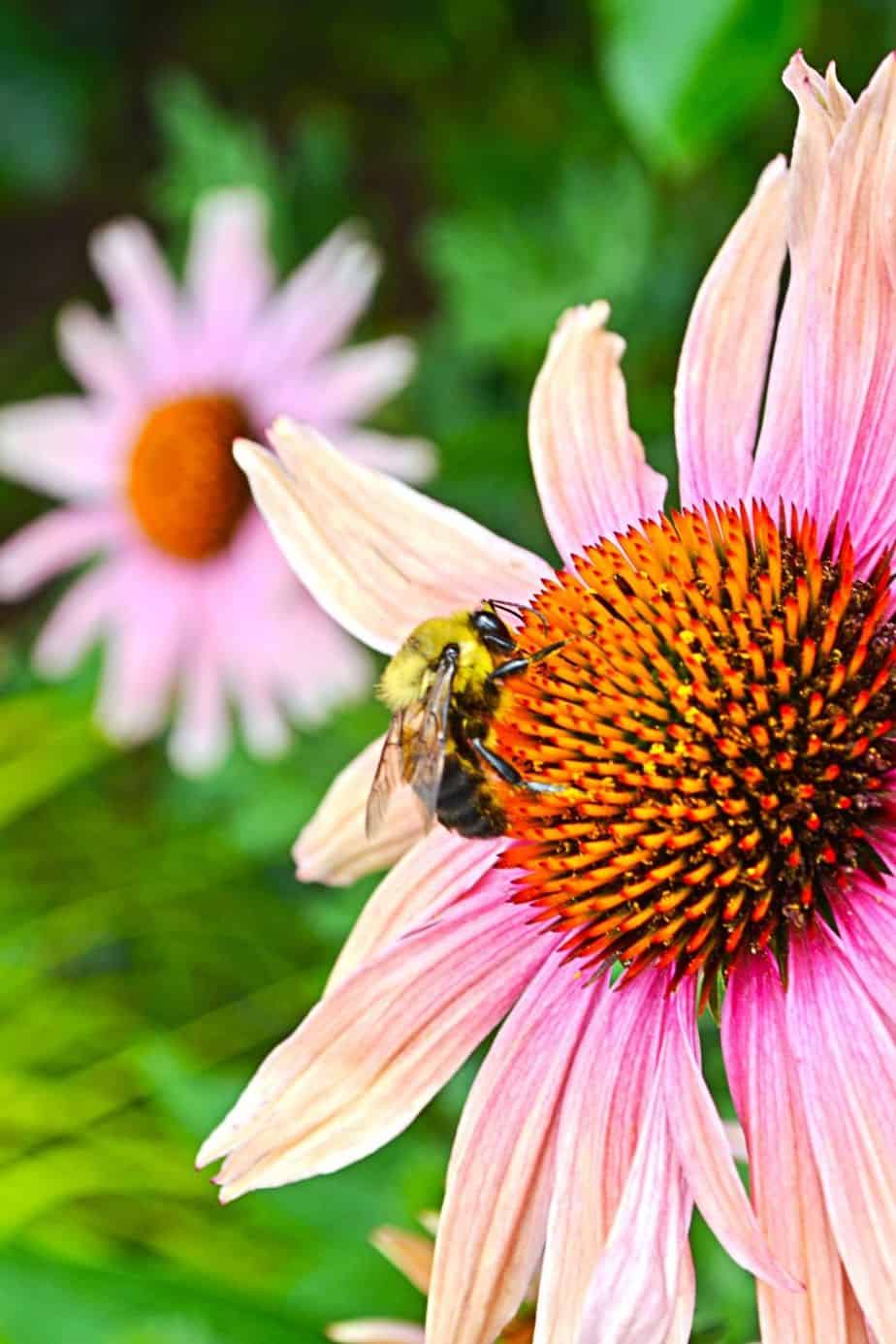
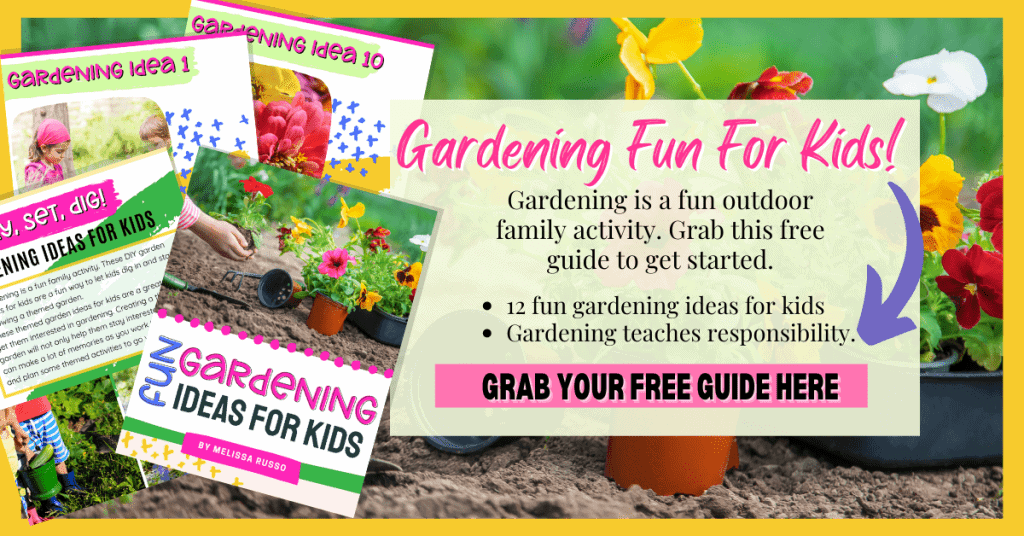
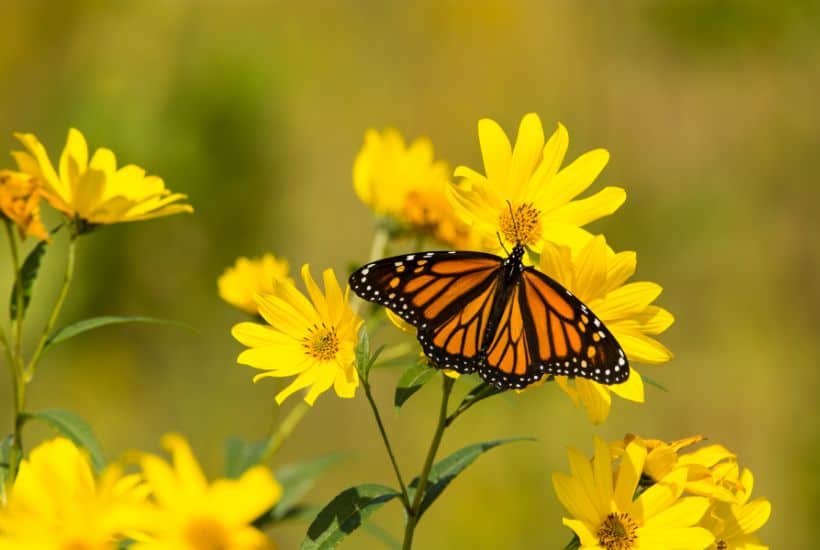
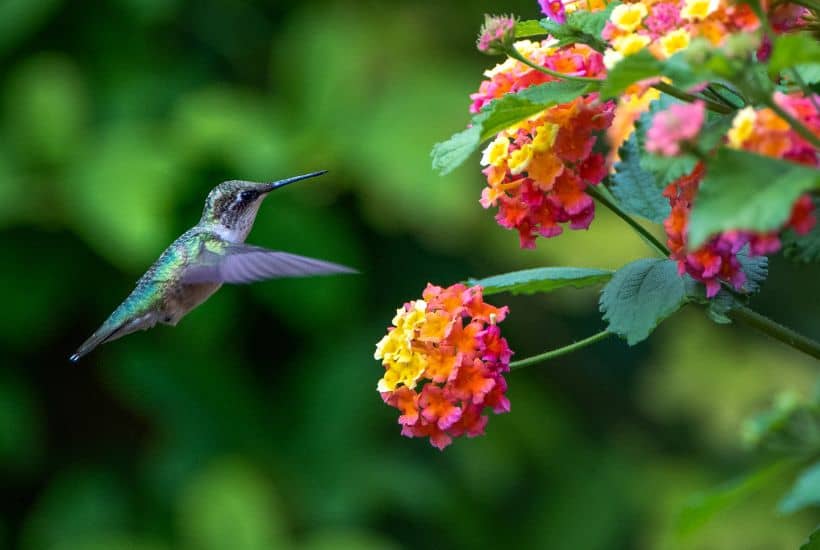
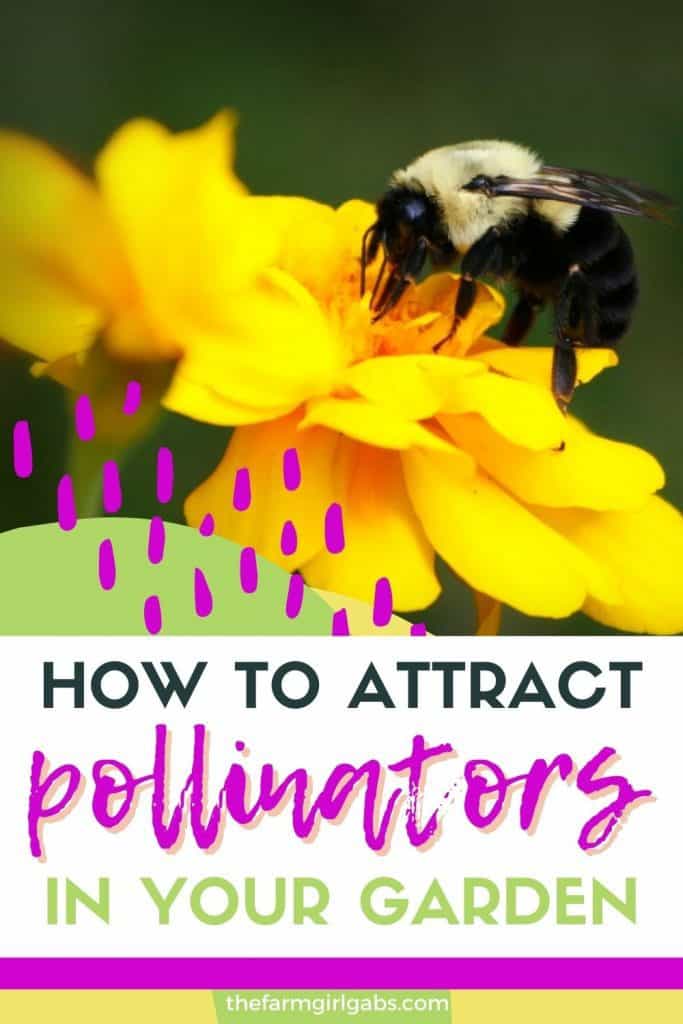
Very nice post. I just stumbled upon your weblog and wished to say that I’ve truly enjoyed surfing around your blog posts. After all I’ll be subscribing to your rss feed and I hope you write again soon!
Good – I should certainly pronounce, impressed with your site. I had no trouble navigating through all the tabs as well as related info ended up being truly simple to do to access. I recently found what I hoped for before you know it in the least. Quite unusual. Is likely to appreciate it for those who add forums or something, website theme . a tones way for your customer to communicate. Nice task..
Way cool, some valid points! I appreciate you making this article available, the rest of the site is also high quality. Have a fun.
Would you be interested in exchanging links?
There is noticeably a bundle to know about this. I assume you made certain nice points in features also.
Please let me know if you’re looking for a article writer for your site. You have some really great posts and I believe I would be a good asset. If you ever want to take some of the load off, I’d absolutely love to write some articles for your blog in exchange for a link back to mine. Please send me an e-mail if interested. Kudos!
Great work! This is the type of info that should be shared around the net. Shame on Google for not positioning this post higher! Come on over and visit my website . Thanks =)
I have not checked in here for some time as I thought it was getting boring, but the last several posts are great quality so I guess I’ll add you back to my daily bloglist. You deserve it my friend 🙂
Would love to perpetually get updated outstanding site! .
I must express some thanks to this writer just for bailing me out of this type of setting. As a result of exploring throughout the the web and meeting views which are not beneficial, I figured my entire life was done. Living without the answers to the issues you have resolved by means of this short post is a critical case, as well as ones which may have adversely affected my entire career if I hadn’t discovered your site. Your own personal understanding and kindness in controlling everything was excellent. I am not sure what I would’ve done if I hadn’t come across such a subject like this. I am able to at this point relish my future. Thank you very much for your skilled and amazing guide. I will not think twice to recommend your web sites to anybody who desires guidance about this issue.
I truly appreciate this post. I have been looking everywhere for this! Thank goodness I found it on Bing. You’ve made my day! Thanks again
You actually make it seem so easy with your presentation but I find this matter to be actually something which I think I would never understand. It seems too complex and very broad for me. I’m looking forward for your next post, I’ll try to get the hang of it!
Mitolyn is a cutting-edge natural dietary supplement designed to support effective weight loss and improve overall wellness.
Appreciate it for all your efforts that you have put in this. very interesting info .
I’ll right away clutch your rss feed as I can’t find your email subscription hyperlink or e-newsletter service. Do you’ve any? Please let me recognize in order that I may just subscribe. Thanks.
Good day very nice web site!! Man .. Beautiful .. Amazing .. I will bookmark your website and take the feeds also…I am happy to seek out numerous useful info right here within the post, we need develop extra techniques in this regard, thanks for sharing.
After all, what a great site and informative posts, I will upload inbound link – bookmark this web site? Regards, Reader.
Mitolyn is a cutting-edge natural dietary supplement designed to support effective weight loss and improve overall wellness.
I simply wanted to construct a brief remark in order to thank you for these unique pointers you are posting here. My time-consuming internet lookup has now been paid with reliable tips to write about with my family. I ‘d repeat that many of us site visitors are extremely blessed to dwell in a wonderful community with many brilliant individuals with very beneficial guidelines. I feel pretty blessed to have used your entire web page and look forward to some more enjoyable moments reading here. Thanks a lot again for a lot of things.
Thank you for the sensible critique. Me and my neighbor were just preparing to do a little research about this. We got a grab a book from our local library but I think I learned more from this post. I’m very glad to see such wonderful information being shared freely out there.
This is a topic close to my heart cheers, where are your contact details though?
PrimeBiome is a dietary supplement designed to support gut health by promoting a balanced microbiome, enhancing digestion, and boosting overall well-being.
There are some interesting closing dates in this article however I don’t know if I see all of them heart to heart. There may be some validity but I’ll take maintain opinion till I look into it further. Good article , thanks and we want more! Added to FeedBurner as nicely
Someone essentially help to make severely posts I would state. This is the first time I frequented your website page and to this point? I surprised with the analysis you made to create this particular submit extraordinary. Wonderful job!
You should take part in a contest for one of the best blogs on the web. I will recommend this site!
PrimeBiome is a dietary supplement designed to support gut health by promoting a balanced microbiome, enhancing digestion, and boosting overall well-being.
I genuinely enjoy studying on this web site, it holds great blog posts. “And all the winds go sighing, For sweet things dying.” by Christina Georgina Rossetti.
Hi! Quick question that’s completely off topic. Do you know how to make your site mobile friendly? My web site looks weird when browsing from my apple iphone. I’m trying to find a template or plugin that might be able to fix this problem. If you have any recommendations, please share. Cheers!
The Natural Mounjaro Recipe is more than just a diet—it’s a sustainable and natural approach to weight management and overall health.
پارتیشن سازه ، تولید کننده انواع پارتیشن اداری و سایر دکوراسیون اداری، با حدود سه دهه سابقه. با افتخار مجرئ انواع پروژهها در اکثریت شرکتها و ادارات. سفارش مستقیم از تولید کننده بدون واسطه
It’s laborious to find educated individuals on this matter, however you sound like you already know what you’re talking about! Thanks
Pretty! This was a really wonderful post. Thank you for your provided information.
You actually make it seem really easy together with your presentation but I to find this matter to be actually something which I think I’d by no means understand. It sort of feels too complex and very wide for me. I am having a look forward for your next post, I’ll attempt to get the hang of it!